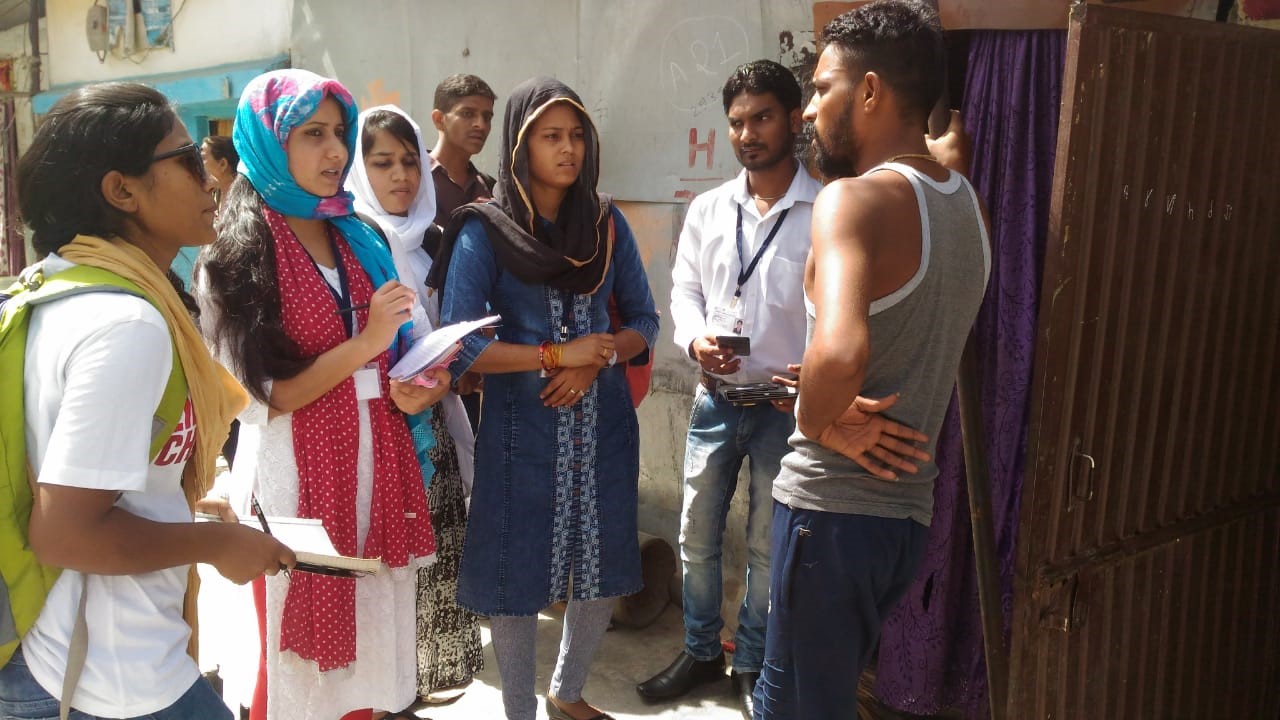
Summary of a case study published in 2019
In 2016, Indore was chosen as one of 100 cities in Smart Cities Mission, India’s urban development program. A partnership with John Snow Inc was launched in 2018 under the USAID-funded Building Healthy Cities project, and focused on how urban development could affect the health of citizens. The program established a work plan for a smart and healthy city.
A noncommunicable disease (NCD) risk factor survey was one of the first outputs of the partnership. It formed part of a wider assessment that included a political economy analysis, a health needs assessment, and data use assessment. NCDs were chosen as a focus because of their inter-connectedness with urbanization, and because they were a good indicator for monitoring and evaluating health status.
The WHO STEPwise approach to NCD risk factor surveillance was chosen for collecting data on risk factor prevalence within the population. STEPS is a standardized instrument with a questionnaire to gather demographic and behavioural data, physical health measurements, and collection of urine and blood samples. A new tool was developed for the environmental scan, which included capturing exposure to advertisements and health messages, as well as products available in neighbourhood shops.
The STEPS data collection was carried out by trained investigators and care was taken to ensure the sample of surveyed citizens included representation from households in informal settlements to enable accurate stratification.
Survey coordinators encountered challenges which highlighted the importance of careful planning for a health survey. Data collection during the hottest season was difficult, while surveillance during Ramadan meant accurate blood glucose measurements were not always available.
Survey costs were low, as resources from India’s national survey were used and much of the data analysis was carried out without charge. To maximise these benefits, emphasis was placed on building capacity during the city survey: local citizens from the Indore School of Social Work were trained in data collection, and equipment was purchased for the city, making sustained routine surveillance affordable.
Indore planned to use the NCD data to inform a system-mapping exercise to inform future plans and priorities on urban design and health projects. The data collected will also be added to a public online dashboard, making it available for advocacy, public awareness, accountability and routine surveillance. Overall, Indore’s model of a strong partnership between a municipal urban planning project and health specialists is one that can be enhanced and replicated elsewhere.
